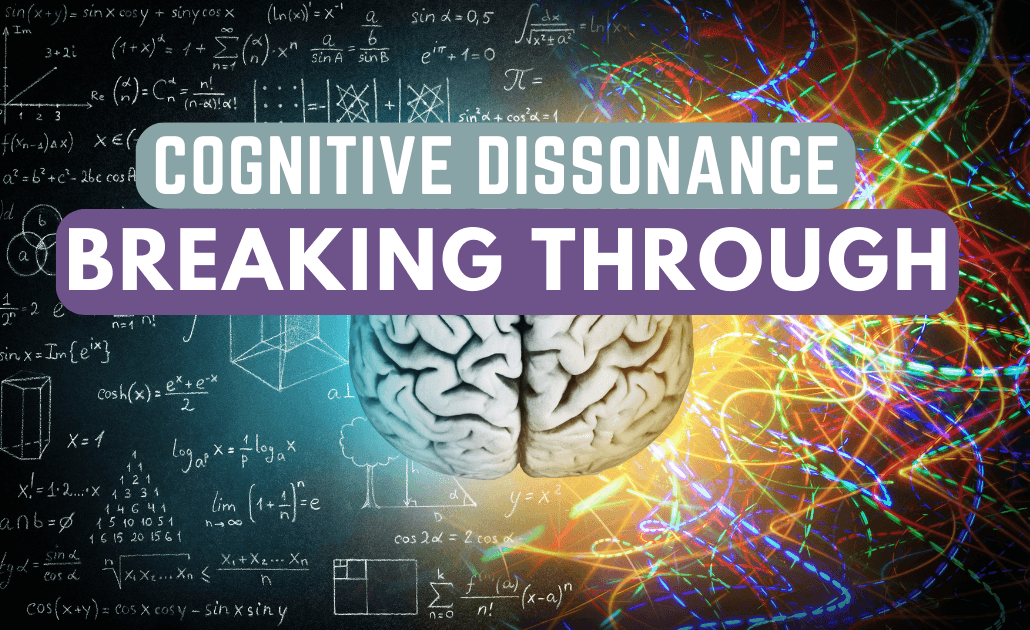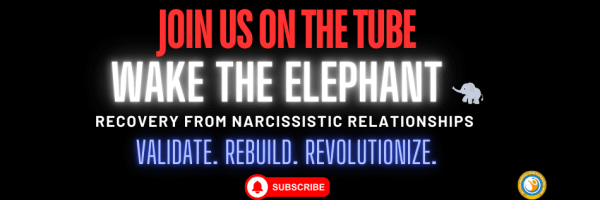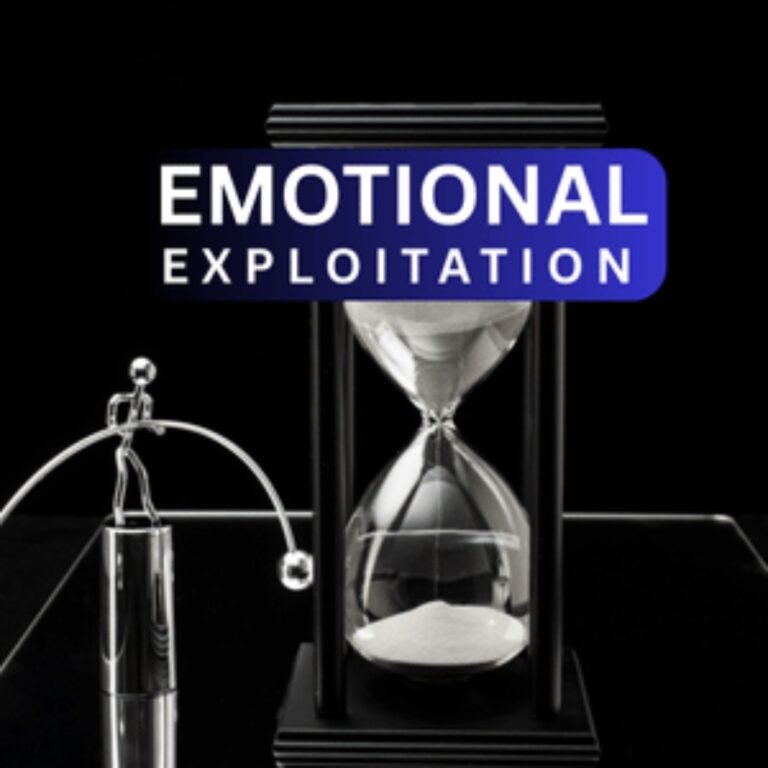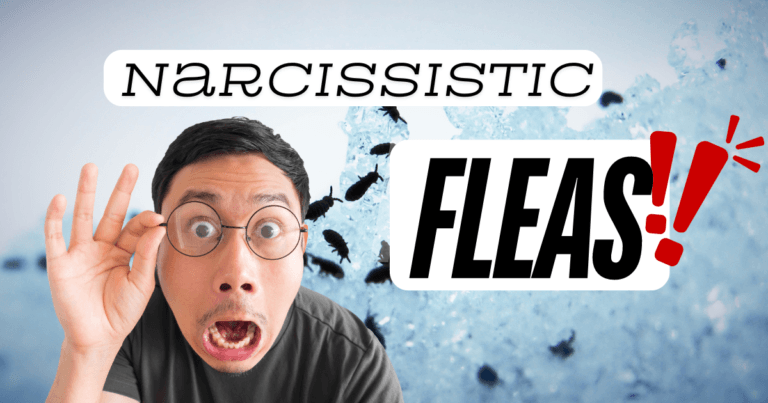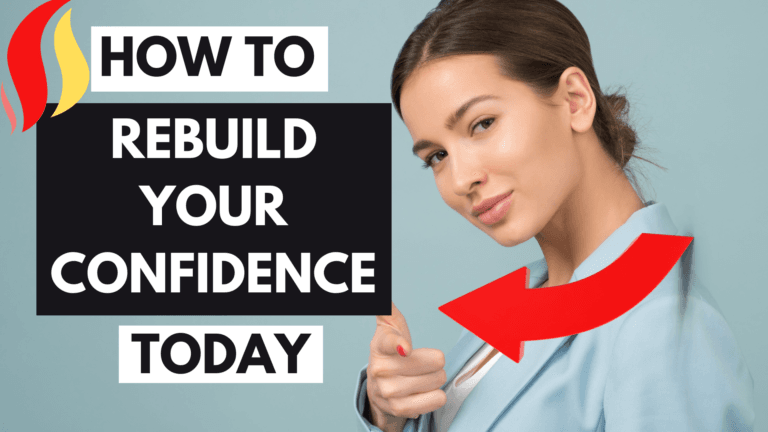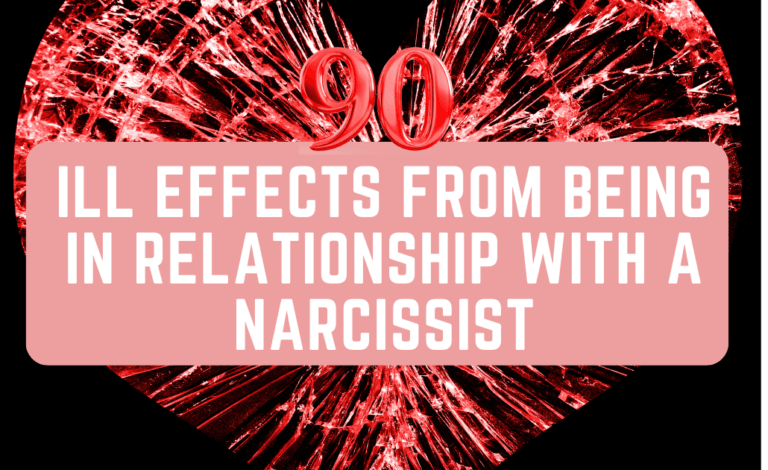Breaking Through: 7 Effective Techniques to Overcome Cognitive Dissonance and Achieve Mental Clarity
Freedom from Toxic Relationships
Breaking free from a toxic relationship can be a challenging process, especially when you have invested so much time, energy, and emotions into the relationship.
In many cases, people stay in toxic relationships because they feel stuck or trapped due to cognitive dissonance.
Cognitive dissonance is a psychological term that refers to the mental discomfort or psychological stress experienced by a person who holds two or more contradictory beliefs, values, or ideas.
In the context of a toxic relationship, cognitive dissonance can occur when a person knows that their partner is toxic and yet continues to stay in the relationship.
Table of Contents
If you are recovering from a relationship with a toxic individual, it is essential to break through the cognitive dissonance to move forward with your life. Here are seven ways to do that:
Recognize the Signs of Cognitive Dissonance
The first step to breaking through cognitive dissonance is to recognize that you are experiencing it (and this is not always easy to do).
Some common signs of cognitive dissonance include feeling confused, anxious, and uncertain about your thoughts and emotions. You may also feel like you are stuck in a cycle of negative thoughts and behaviors and find it challenging to make decisions.
You may even feel like you can’t trust your intuition. Learn how to recover it.
Being aware of these signs can help you identify when you are experiencing cognitive dissonance and take action to overcome it.
Catch the Video
Listen to the Podcast Episode
Get Support
Getting support from friends, family, or a therapist can help you break through cognitive dissonance. It can be challenging to see the situation objectively when you are in the middle of it, and having someone to talk to can provide an outside perspective.
A therapist, or narcissistic abuse recovery coach can help you work through your emotions and help you develop coping mechanisms to deal with the stress of the situation.
Educate Yourself
Education is a powerful tool to break through cognitive dissonance.
Learning about toxic relationships, the dynamics of abuse, and the psychological effects of being in an abusive relationship can help you understand your situation better. It can also help you identify the behaviors that are toxic and learn how to set healthy boundaries.
Write It Out
Journaling can be an effective way to break through cognitive dissonance. Writing down your thoughts and feelings can help you gain clarity and organize your thoughts.
It can also help you identify patterns and behaviors in the relationship that are toxic. When you write, don’t censor yourself. Write down everything that comes to mind, even if it seems irrational or contradictory.
Focus on Your Values
When you are in a toxic relationship, it is easy to lose sight of your values and beliefs.
Focusing on your values can help you break through cognitive dissonance. Take some time to reflect on what is important to you, what you believe in, and what you stand for. Write down your values and refer to them when you feel like you are getting lost in the relationship.
Practice Self-Care
Self-care is essential when recovering from a toxic relationship. Taking care of your physical and emotional needs can help you break through cognitive dissonance.
Self-care can include things like getting enough sleep, eating a healthy diet, exercising, and engaging in activities that bring you joy. It can also include practices like meditation, yoga, or therapy.
Make a Plan
Breaking through cognitive dissonance requires action.
Making a plan can help you take concrete steps to move forward. Your plan may include things like setting boundaries, seeking professional help, or ending the relationship.
When making a plan, be realistic and specific. Set achievable goals and deadlines, and break down the plan into smaller steps.
Breaking free from a toxic relationship is never easy, and cognitive dissonance can make it even more challenging.
However, by recognizing the signs of cognitive dissonance, getting support, educating yourself, writing it out, focusing on your values, practicing self-care, and making a plan, you can break through the mental barriers that are holding you back and move towards a healthier, happier life.
It’s important to remember that recovery from a toxic relationship is a process, and it takes time.
Be patient and kind to yourself as you navigate this journey. Seek out the support and resources that you need to heal and move forward.
You deserve to be in a healthy, loving relationship (if that is what you wish), and with time and effort, you can break through the cognitive dissonance and make that a reality.
Support our Site!
Our site is reader supported. If you have found our material to be beneficial to you, consider supporting us! We have many free resources on our site, including our YouTube Channel, Podcast, etc. Head to our Support Page to find the best method to do so. We thank you in advance! ~ Lynn
breaking breaking breaking breaking
